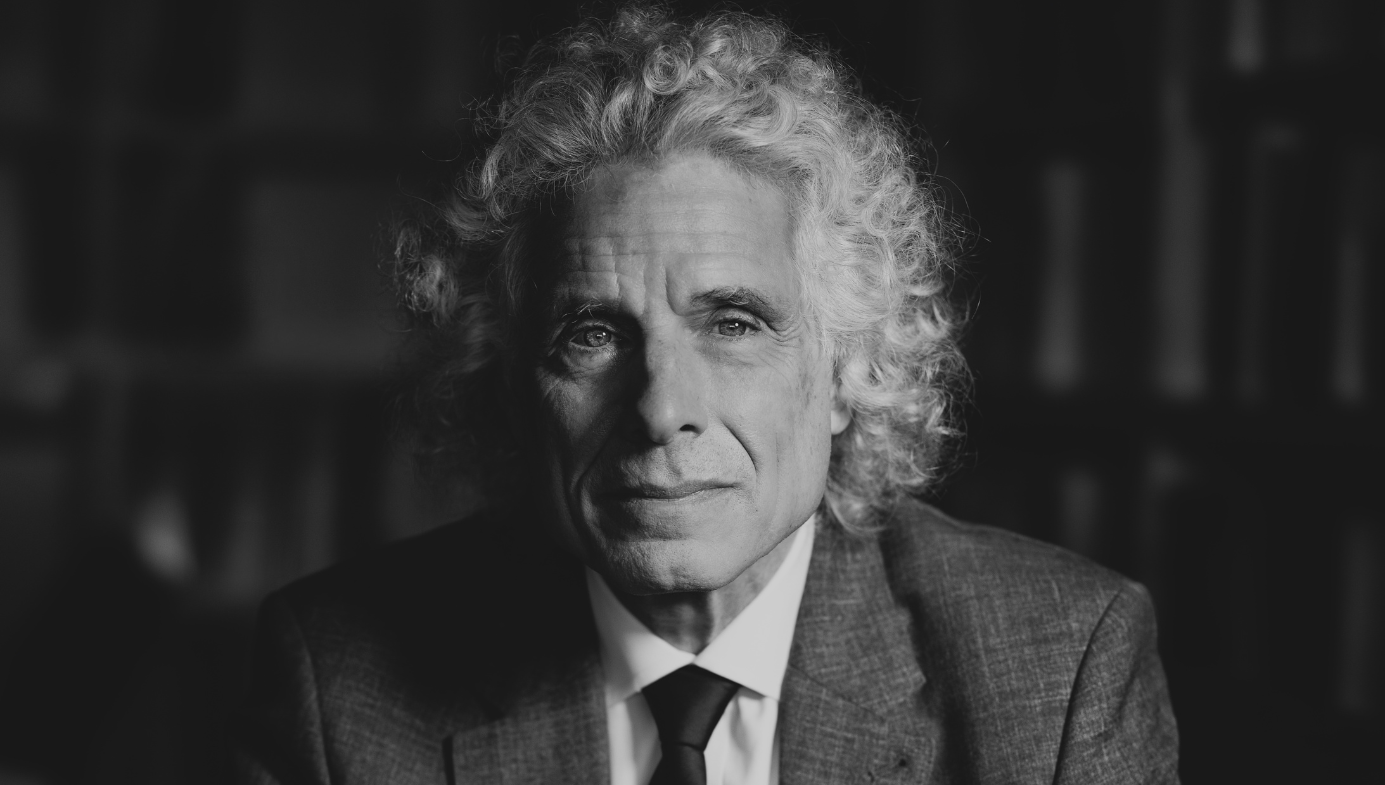Steven Pinker on Tribalism, Global Cooperation, and the Nature of Ideas
“There’s Nothing Mystical About the Idea that Ideas Change History” 🔗

Steven Pinker, a renowned psychologist and author, engages in a wide-ranging conversation about various topics including international politics, morality, and the nature of ideas. He argues that while tribalism is a natural human tendency, there are forces pushing us towards broader human solidarity. Pinker critiques the concept of world government, emphasizing the risks of totalitarianism and the importance of national loyalty. He also discusses the progress made in global cooperation through institutions like the UN while highlighting the limitations of realism in international relations. Additionally, he addresses contemporary issues such as secularism, democracy, and the challenges posed by artificial intelligence, advocating for a more nuanced understanding of intelligence and its implications. Pinker concludes by reflecting on meritocracy and the role of effective altruism in modern society.
- Steven Pinker emphasizes the importance of ideas in shaping history.
- He critiques the notion of a world government due to risks of totalitarianism.
- Pinker highlights the necessity for global cooperation, citing successes of the UN.
- He argues against realism in international relations, citing historical evidence of cooperation.
- The discussion touches on secularism, democracy, and the implications of artificial intelligence.
- He defends the principles of meritocracy and effective altruism in addressing social issues.
What are the main topics discussed by Steven Pinker in the interview?
Pinker discusses international politics, artificial intelligence, religion, secularism, identity politics, democracy, and effective altruism, among other subjects.
Why does Pinker criticize the idea of a world government?
He believes that a world government could lead to totalitarianism, as it would lack the checks and balances provided by the ability of citizens to leave or dissent.
What is Pinker's view on the relationship between ideas and historical events?
Pinker asserts that ideas are powerful forces in history, influencing actions and motivations behind significant events, such as wars and political decisions.